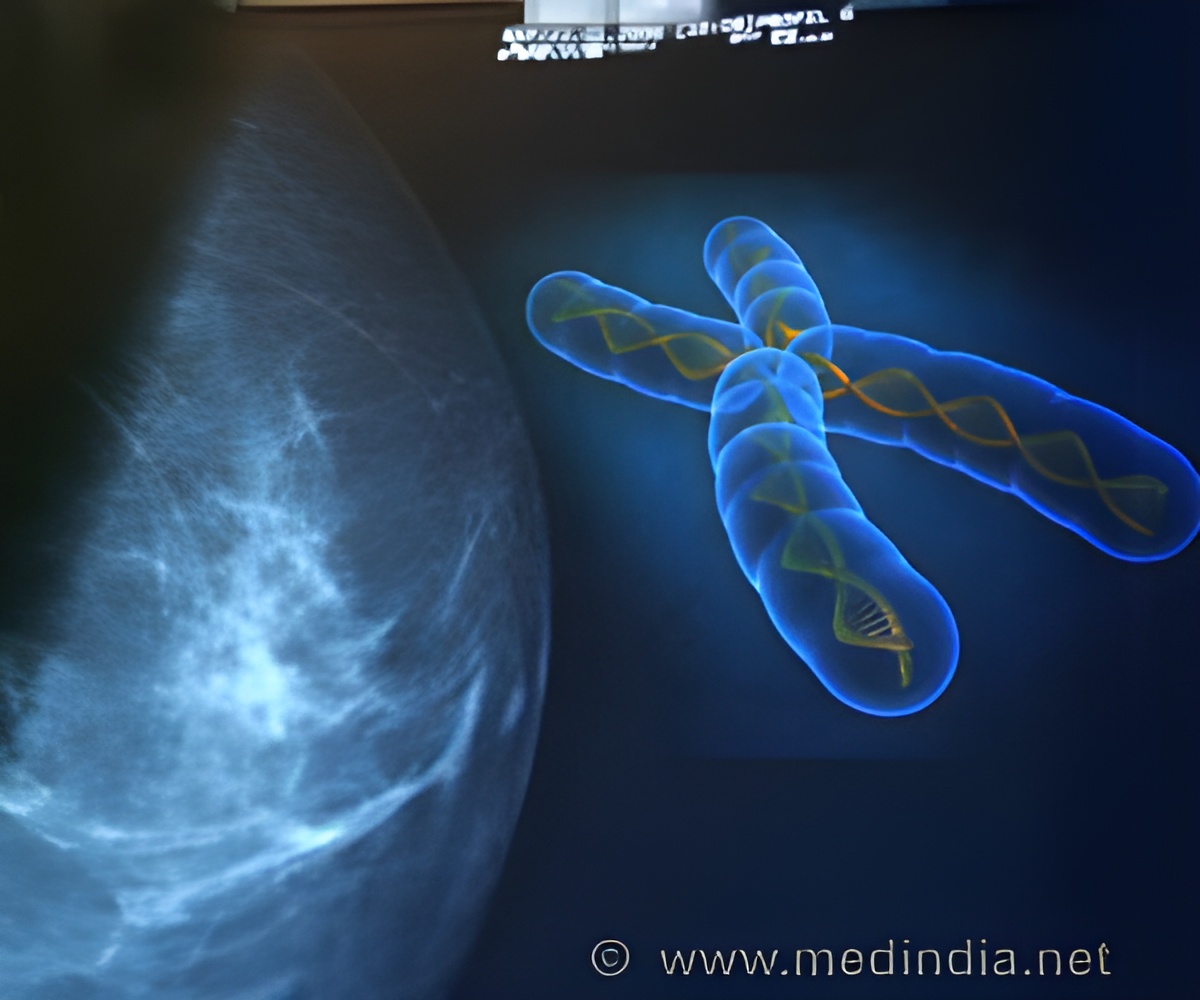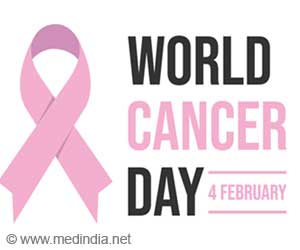Cancer-causing genetic mutations among different racial groups may help to guide testing recommendations for African American people.

- Genetic mutations are due to the permanent alterations in the DNA sequence of the gene.
- Scientists have compared the racial differences among cancer-causing genetic mutations.
- The presence of cancer-causing genes in African Americans help to guide testing recommendations.
Payal D. Shah, MD, assistant professor of Hematology/Oncology in Perelman School of Medicine, University of Pennsylvania and Abramson Cancer Center, said, "We know African American women are more likely to be diagnosed with breast cancer before age 45, and are more likely to die from breast cancer at every age than Caucasian women, but we need more information about the pattern of genetic mutations in order to provide more precise and targeted care."
"The patterns suggest biological differences, and potentially different genetic factors. Identifying mutations that disproportionately affect African American women, if there are any, could potentially help guide the genetic testing we do for these at-risk patients."
The research study was conducted by examining DNA samples of 736 women to find 19 different gene patterns that cause breast or ovarian cancer in three groups namely, African Americans with cancer, African Americans without cancer and Caucasian patients without cancer.
Gene mutations are alterations in the DNA sequence of the gene. These inherited mutations are responsible for more than 5-10% of cancers.Previous study results from Caucasian women were compared with African-American people , mutations of BRCA1 and BRCA2 gene were present in both the races. CHEK2 gene mutation was found to be less in young African American women while TP53 cancer-causing gene mutation was more prevalent among the population.
The differences of how frequently African-Americans received gene mutation were called “ variants of uncertain significance.” This may also be a mutation for which the cancer risk is not known. Around 15% of African American women without cancer received uncertain results when compared to 11% of Caucasian women.
Shah said, "This study is a first step towards being able to zero in on the mutations that are more prevalent in African American patients, but future research is needed to better understand the patterns of genetic mutations across patient populations."
Reference
- The Genetics of Cancer - ( https://www.cancer.gov/about-cancer/causes-prevention/genetics)
Source-Medindia












